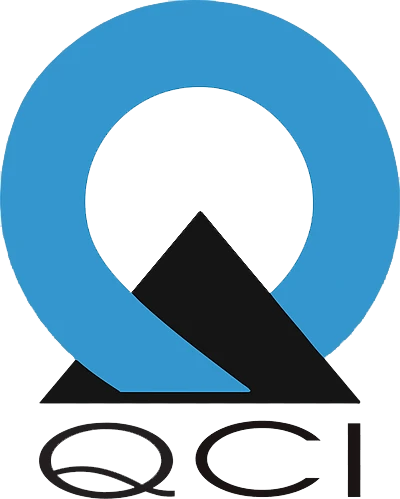Mission
The Institute of Liver and Digestive Sciences aspires to be the apex centre for clinical care and research; not only in this region, but across the nation.
Vision
IILDS is committed to delivering care that is accessible and affordable to the majority of Indians. While the institute may not be able to offer treatment completely free, it follows a sustainable revenue model that ensures no one is denied care due to fi nancial constraints.
Why The Institute
Liver and gastrointestinal illnesses are emerging as health-care priorities in India. The management of liver and gastrointestinal diseases has changed significantly in the past two decades. Molecular (gene-based) methods have provided precise diagnostic tools. Therapeutic endoscopy and interventional radiology have changed the approach to many diseases of the liver and biliary tract, including the pancreas. Imaging modes like the MRI, CT scan, ultrasonography and Fibroscan are yielding higher and higher resolution and precision every day. New drugs to treat liver diseases are being developed. Illnesses such as hepatitis viruses, once considered untreatable, can mostly be cured now. Surgical techniques have improved along with critical care, leading to significantly better surgery outcomes in difficult liver and gastrointestinal illnesses. Transplantation is changing the lives of people suffering from advanced incurable liver disease.
Along with scientific development, organisationally, too, there are now several centres in the country that provide state-of-the-art care. We want to not only add to the list but also to take a step ahead in the care and arrangement of care in liver and gastrointestinal diseases. Located in Kolkata - the heart of Eastern India - the Indian Institute of Liver and Digestive Sciences intends to be the apex clinical care and research centre not only in the region but all over the country.
Involvement, not Investment
The Liver Foundation, West Bengal, is committed to providing care that is accessible and affordable by the majority of Indians. The institute will not be able to offer care completely free, but it proposes a revenue model that will ensure no one is denied treatment for lack of money.


